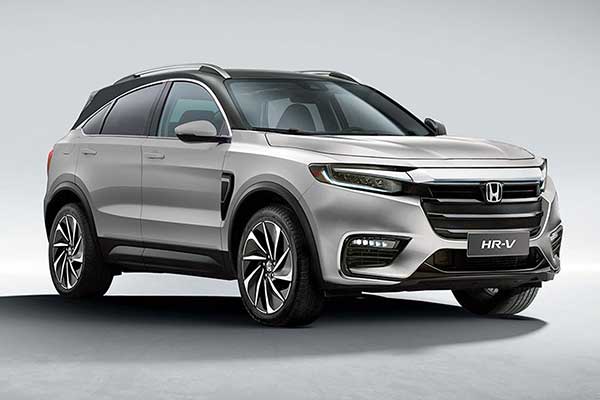In the world of automotive shopping, the term “CPO” has been buzzing around for quite some time. Certified Pre-Owned cars, abbreviated as CPO, have become increasingly popular among both budget-conscious and quality-seeking buyers. But before you jump on the CPO bandwagon, it’s essential to weigh the pros and cons to determine whether a certified pre-owned car is the right choice for you.
Pros of CPO Cars:
1. Reliability and Peace of Mind: Certified Pre-Owned cars undergo a thorough inspection and refurbishment process, often conducted by the car’s manufacturer. This process ensures that the vehicle meets specific quality and performance standards. As a result, you can have confidence in the car’s reliability, which can bring peace of mind when compared to a regular used car.
2. Extended Warranty: One of the major advantages of CPO cars is the extended warranty coverage provided by most manufacturers. This means that even though you’re purchasing a used vehicle, you still receive some level of warranty protection. It varies by manufacturer, but it typically extends beyond the original factory warranty, which can save you money on unexpected repairs.
3. Lower Depreciation: New cars can depreciate rapidly in the first few years, losing a significant portion of their value. CPO cars have already experienced this initial depreciation hit, which means you can enjoy a more gradual depreciation curve. This makes CPO vehicles a better investment for those looking to retain value over time.
4. Vehicle History Reports: Most CPO programs provide access to detailed vehicle history reports. These reports offer transparency regarding the car’s past, including any accidents or major repairs. Knowing a car’s history can help you make an informed decision and avoid potential hidden issues.
5. Quality Assurance: Certified Pre-Owned programs demand that vehicles meet strict quality standards. This means they often come with features like new tires, brakes, and a fresh coat of paint. You’re essentially getting a car that looks and feels like new without the new car price tag.
Cons of CPO Cars:
1. Higher Price Tag: While CPO cars are more affordable than their brand-new counterparts, they are generally pricier than regular used cars. The added cost covers the certification process, extended warranty, and other benefits. Buyers looking for the absolute lowest price may not find CPO vehicles to be the best fit.
2. Limited Selection: CPO cars are typically a subset of a manufacturer’s used inventory. This means you may have a more limited selection in terms of make, model, and features compared to the broader used car market.
3. Age and Mileage Restrictions: Some CPO programs have restrictions on the age and mileage of the vehicles they certify. If you’re looking for a specific older model or one with high mileage, you might not find it within the CPO category.
4. Brand Loyalty: CPO programs are brand-specific, meaning you’ll need to limit your choices to a particular manufacturer. If you have brand loyalty, this might not be an issue. However, if you’re open to various brands, you may find better deals outside the CPO market.
5. Potential for Hidden Issues: While CPO cars undergo extensive inspections, there’s still a chance that some issues may go unnoticed. It’s crucial to have any CPO car thoroughly inspected by an independent mechanic to ensure there are no hidden problems.
In conclusion, CPO cars offer many advantages, including reliability, extended warranties, and quality assurance. However, they come with a higher price tag and limitations in terms of selection and brand loyalty. Ultimately, the decision to buy a CPO car depends on your budget, priorities, and specific automotive needs. If peace of mind and a like-new vehicle are high on your list, a CPO car could be an excellent choice for your next automotive purchase.







